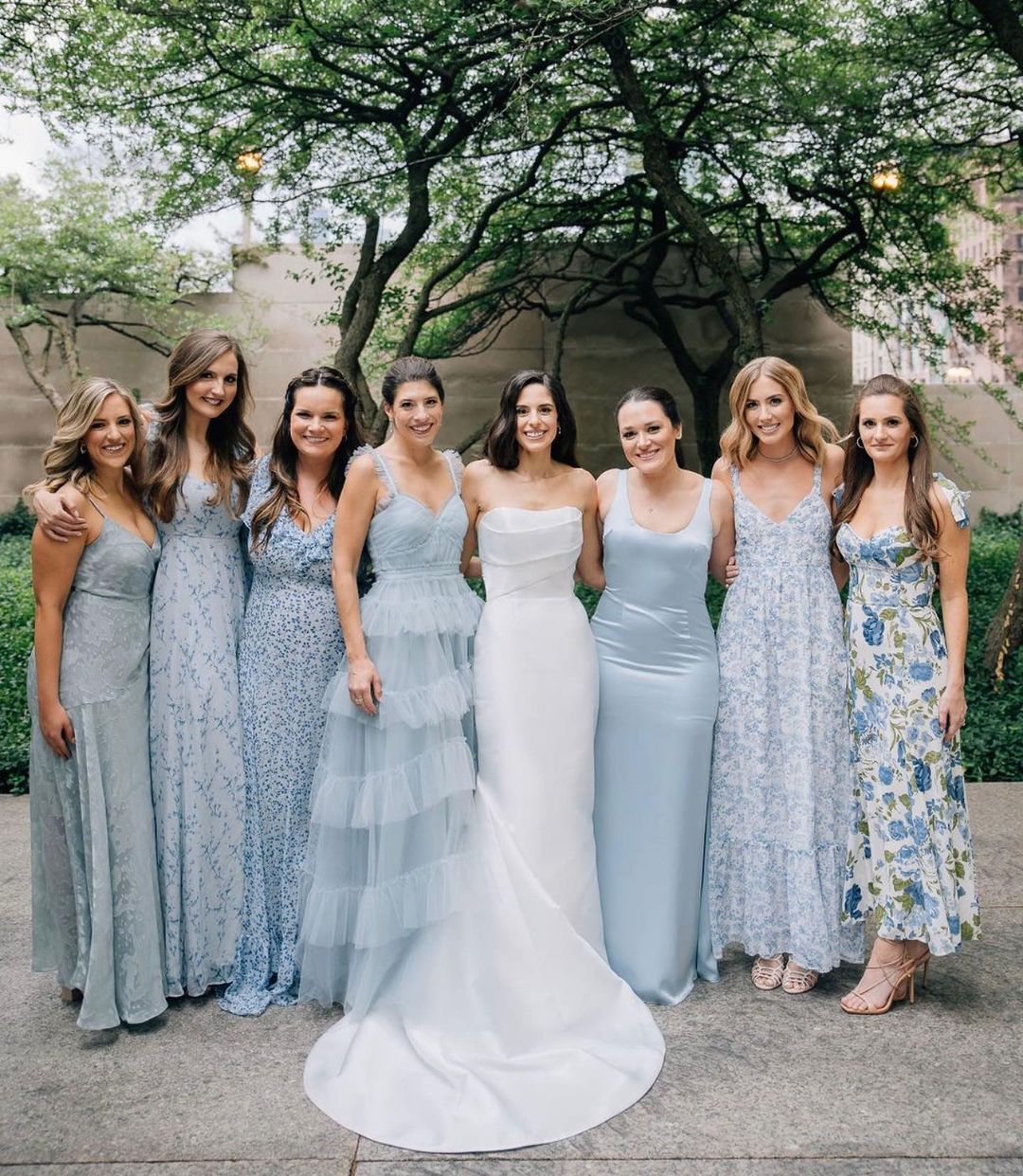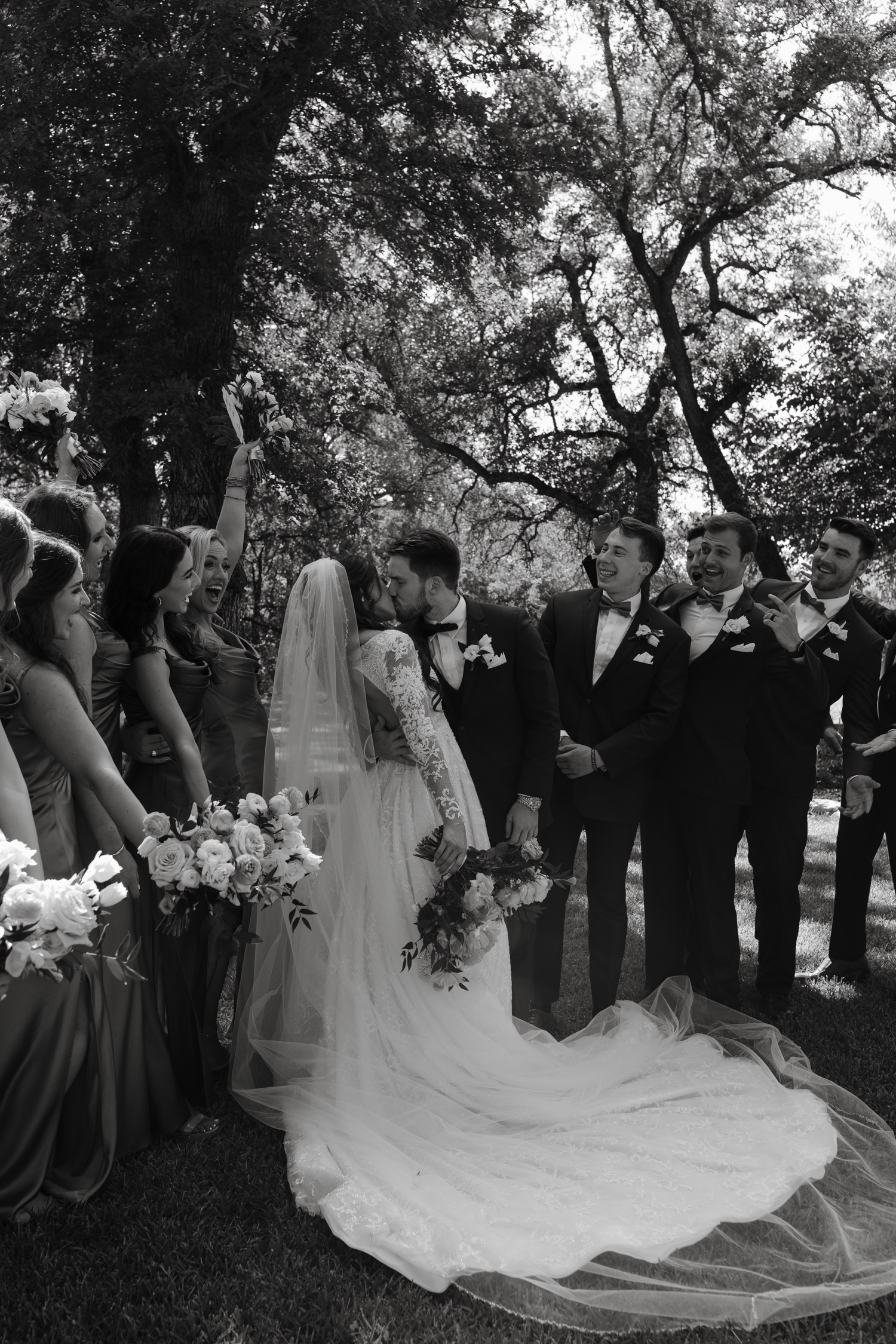Tips for Writing Your Elopement Ceremony Script
- Author: Natali Grace Levine
- Reading time: 7 min 29 sec
- Publication date: 05/10/2023
- Updated: 06/24/2025
- Elopement Ceremony Script vs. Traditional Ceremony Script
- Who Should Write the Elopement Ceremony Script?
- When Should You Write the Elopement Ceremony Script?
- Is There Anything That Must Be Included in the Elopement Ceremony Script?
- Is There Anything That Shouldn't Be Included in an Elopement Ceremony?
- Sample Elopement Wedding Ceremony Script
There's something undeniably romantic about eloping. Maybe it's the spontaneity, or perhaps it's the idea of throwing caution to the wind and making a bold statement of love. Whatever the reason, an elopement can be every bit as special as a traditional wedding – but it does require some planning, particularly when it comes to writing the elopement ceremony script. Here, we’ve gathered some tips to help you create a ceremony that truly reflects the unique love story you and your partner share.
Find Your Perfect Wedding Vendors
Elopement Ceremony Script vs. Traditional Ceremony Script
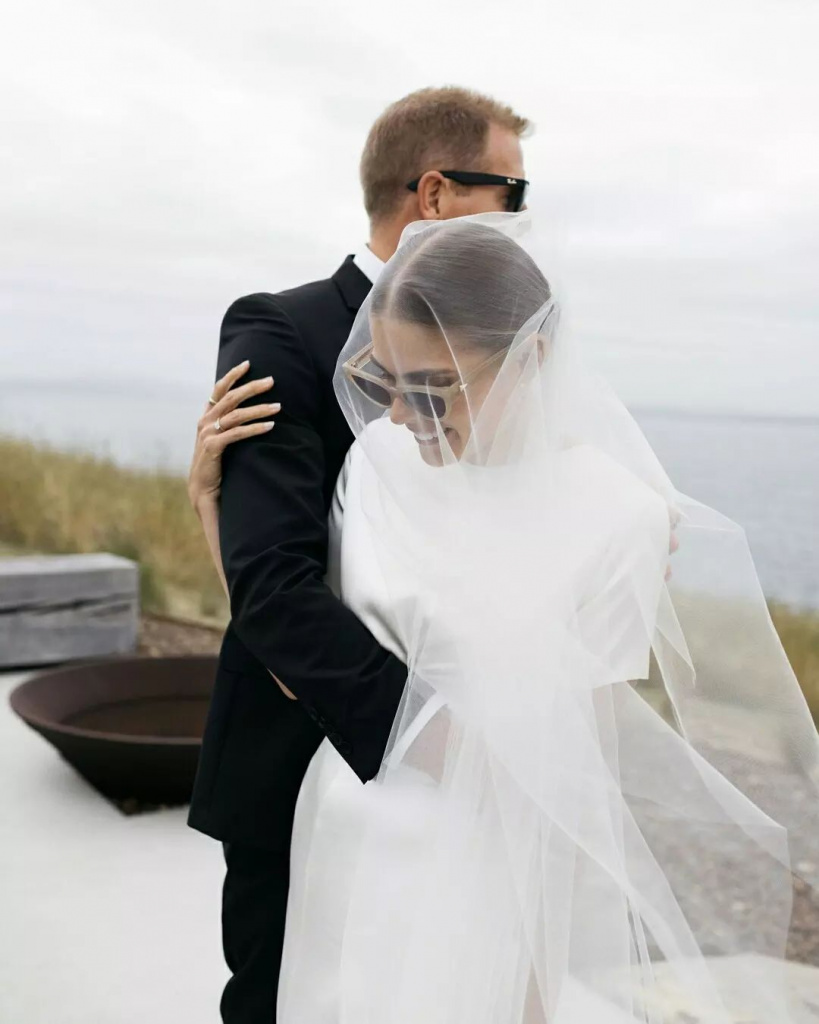
Before we delve into the nitty-gritty, let's take a moment to understand the differences between an elopement ceremony script and a traditional wedding ceremony script.
The most notable difference is that elopements typically involve a smaller guest list (if any at all), which means that your ceremony script can be more intimate and personal. You can focus on the unique aspects of your relationship without the pressure of trying to please a large audience. Plus, with fewer formalities, you have the freedom to be as creative and unconventional as you want.
While we touched on the primary differences between elopement and traditional ceremony scripts earlier, let's dive a bit deeper. Elopement ceremonies tend to be more personal and intimate, allowing you to focus on the unique aspects of your relationship. Here are a few more points of comparison:
- Length: Elopement ceremonies are usually shorter and more concise, leaving room for spontaneity and heartfelt moments. Traditional wedding ceremonies often follow a set structure and can be lengthy due to the inclusion of multiple elements and rituals.
- Venue: Elopements offer more flexibility when it comes to choosing a location, as they often take place in unconventional or intimate settings, such as mountaintops, beaches, or even your backyard. Traditional weddings typically require larger, more formal venues to accommodate a bigger guest list.
- Creativity: Since elopements have fewer rules and expectations, you can infuse more creativity and personal touches into the ceremony script. This could mean incorporating unique rituals or customs, sharing personal stories, or even writing your own vows together as a couple.
Who Should Write the Elopement Ceremony Script?
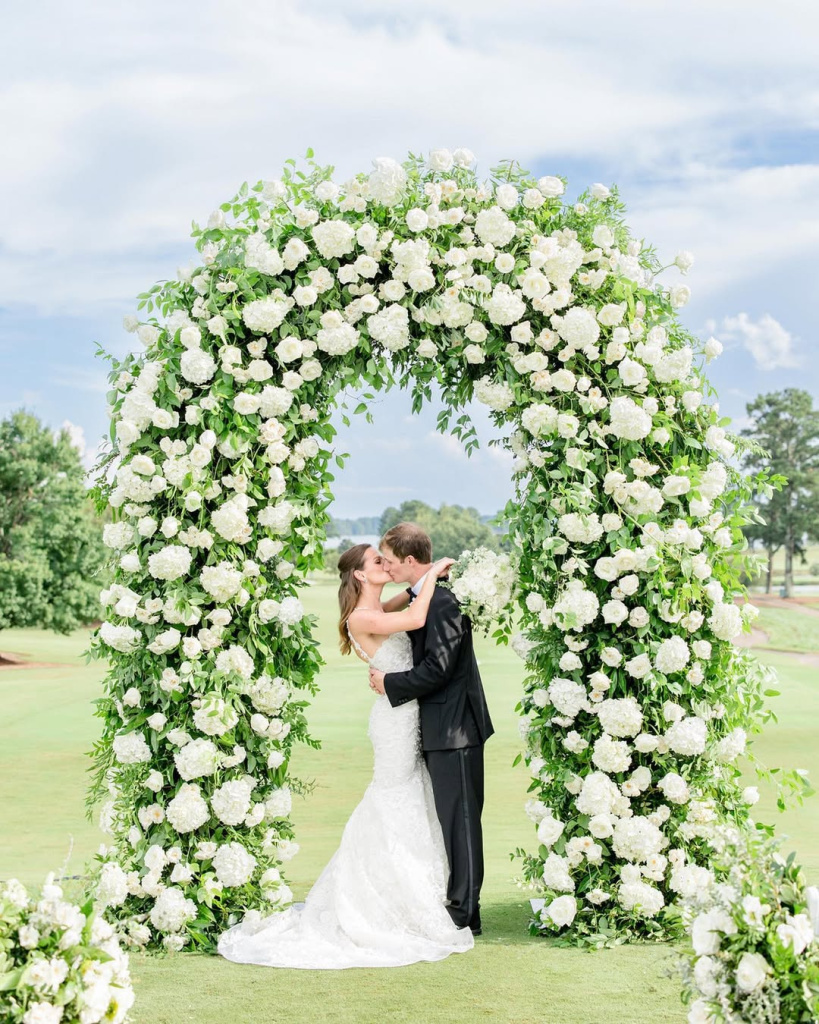
So, who gets the honor of penning the words that will define your big day? Well, that's entirely up to you and your partner. Some couples choose to write their own ceremony script to infuse it with their personalities and love story. Others might enlist the help of a professional celebrant, officiant, or even a close friend or family member.
The important thing is that the person writing the script understands your relationship, your values, and your vision for the day. But let's explore some specific options to help you make the best choice:
- The Couple: Writing the script together can be a meaningful and intimate experience. It allows both partners to express their feelings, desires, and vision for the ceremony, ensuring that it reflects the essence of your relationship.
- A Celebrant or Officiant: Professional celebrants and officiants are skilled in crafting beautiful, personalized ceremonies. They can guide you through the process and offer suggestions based on their experience, ensuring that your elopement script is heartfelt, engaging, and memorable.
- A Close Friend or Family Member: If you have a loved one who knows your relationship well and has a way with words, consider asking them to write your elopement ceremony script. This can add a special, personal touch to your day, making it even more meaningful.
When Should You Write the Elopement Ceremony Script?
Let's face it, there's no one-size-fits-all answer here. But as a general rule of thumb, it's a good idea to start brainstorming and writing your elopement ceremony script as soon as you've decided to elope. This will give you plenty of time to edit and perfect your words, as well as coordinate with your officiant or celebrant if you have one. However, here are a few milestones in the planning process that can serve as helpful markers:
- After Setting a Date and Location: Knowing when and where your elopement will take place can provide inspiration for your ceremony script. The surroundings, season, and atmosphere can all influence the tone and content of your words.
- After Choosing Your Officiant or Celebrant: If you're working with a professional, it's essential to give them enough time to collaborate with you and create a script that truly reflects your relationship. Aim to have your ceremony script finalized at least a month before your elopement date.
- After Finalizing Your Vows: Writing your vows can be a helpful starting point for crafting the rest of your elopement ceremony script. Once you've put your promises and commitments into words, you'll have a clearer vision of the overall tone and message you want to convey.
Is There Anything That Must Be Included in the Elopement Ceremony Script?

While elopement ceremonies can be much more flexible and unique than traditional weddings, there are still a few tips for wedding ceremony script to make it feel complete:
Welcome and Introduction: This can be as simple or as elaborate as you like, but it's important to set the stage and make any guests (if you have them) feel included in the event. You might want to acknowledge your love story, share the reasons why you've chosen to elope or express gratitude to those who have supported your relationship.
Readings, Poems, or Quotes: Incorporating meaningful readings or quotes can add depth and emotion to your ceremony. Choose words that resonate with you and your partner, and feel free to get creative with your selections.
Vows and Exchanging of Rings: Your vows are the heart of your elopement ceremony, so take the time to write words that truly reflect your love and commitment to one another. And of course, don't forget the exchanging of rings to symbolize your unending love.
Pronouncement and Kiss: Finally, the moment you've been waiting for – the pronouncement that you are officially married! Seal your vows with a kiss, and let the celebration begin.
Music: Incorporate your favorite songs or instrumentals to set the mood and create a memorable atmosphere. Music can be played during the processional, recessional, or even as a backdrop to your vows.
Personal Rituals: Consider adding a unique ritual or symbolic gesture that represents your love and commitment, such as handfasting, a unity candle ceremony, or a sand ceremony. These personal touches can make your elopement ceremony even more special and meaningful.
Time for Reflection: Including a moment of silence or reflection in your ceremony script allows you and your partner to truly soak in the significance of the occasion. This can be a powerful and emotional experience that deepens your connection.
Acknowledgment of Absent Loved Ones: If there are important people in your life who cannot be present at your elopement, consider including a special mention or tribute to them in your ceremony script. This can be a heartfelt way to honor their significance in your life and relationship.
Is There Anything That Shouldn't Be Included in an Elopement Ceremony?
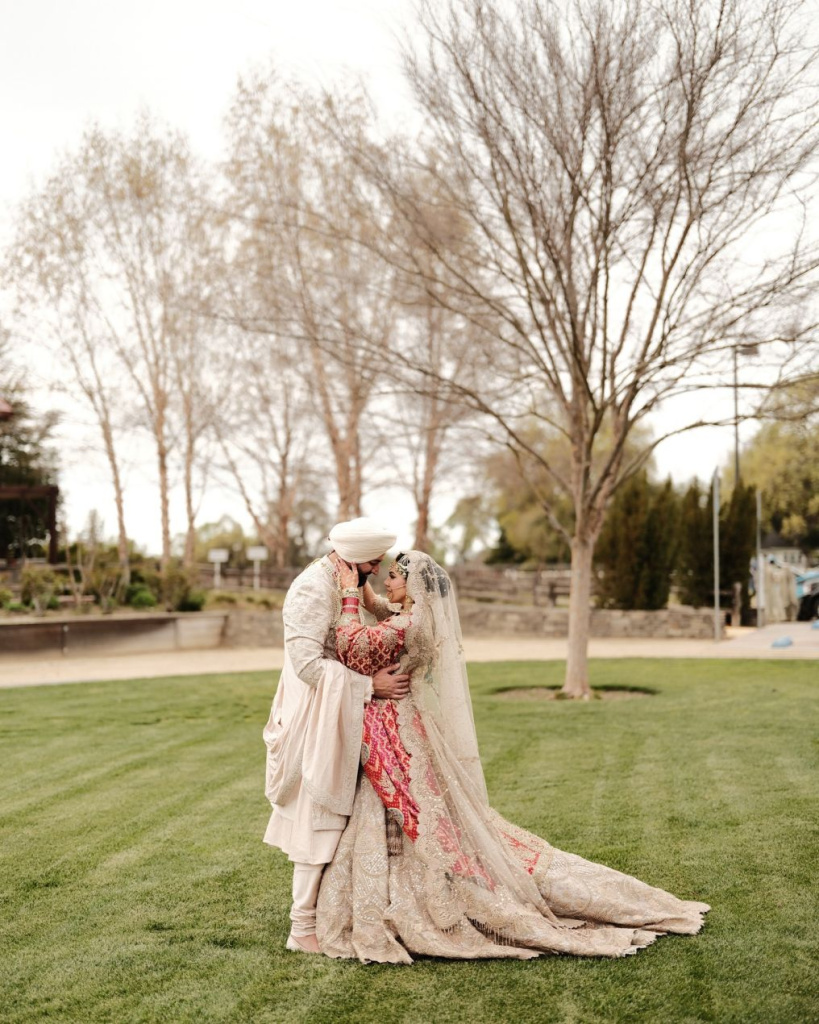
The beauty of an elopement ceremony is that you have the freedom to make it as unique and individual as you want. That being said, there are a few tips for writing a wedding ceremony that’ll help you to keep it intimate, authentic, and true to your relationship. Here are the things to avoid:
Excessively Long Readings: While including meaningful readings or quotes is a great idea, try to keep them relatively short and sweet. Lengthy passages can be difficult for guests to follow (if you have any) and may detract from the overall focus of your ceremony.
Overly Formal Language: Since elopements are typically more intimate and personal, it's a good idea to ditch the overly formal language in favor of a more conversational tone. Speak from the heart and use words that feel natural and genuine to you and your partner.
Extended Guest Participation: While it's lovely to involve your guests in your ceremony, it's important to remember that elopements are all about the couple. Keep guest participation limited to a few meaningful moments, such as a group toast or a special reading.
Clichés: It's your day, so make it your own! Avoid using clichéd phrases or overly generic sentiments in your script. Instead, focus on the unique aspects of your relationship and what makes your love story truly special.
Obligatory Traditions: There's no need to include traditions or customs in your elopement ceremony simply because they're expected. Focus on incorporating elements that hold genuine meaning for you and your partner, rather than trying to please others or adhere to societal norms.
Extensive Guest Involvement: While it's nice to involve your guests in small, meaningful ways, avoid making them the center of attention. Remember, your elopement ceremony is about you and your partner, so keep the focus on your love story and commitment to each other.
Complicated Logistics: Since elopements are typically more laid-back and intimate affairs, try to avoid complicated or elaborate logistics that could detract from the simplicity and spontaneity of your day. Keep the ceremony script straightforward and focused on the emotions and sentiments you wish to convey.
Sample Elopement Wedding Ceremony Script
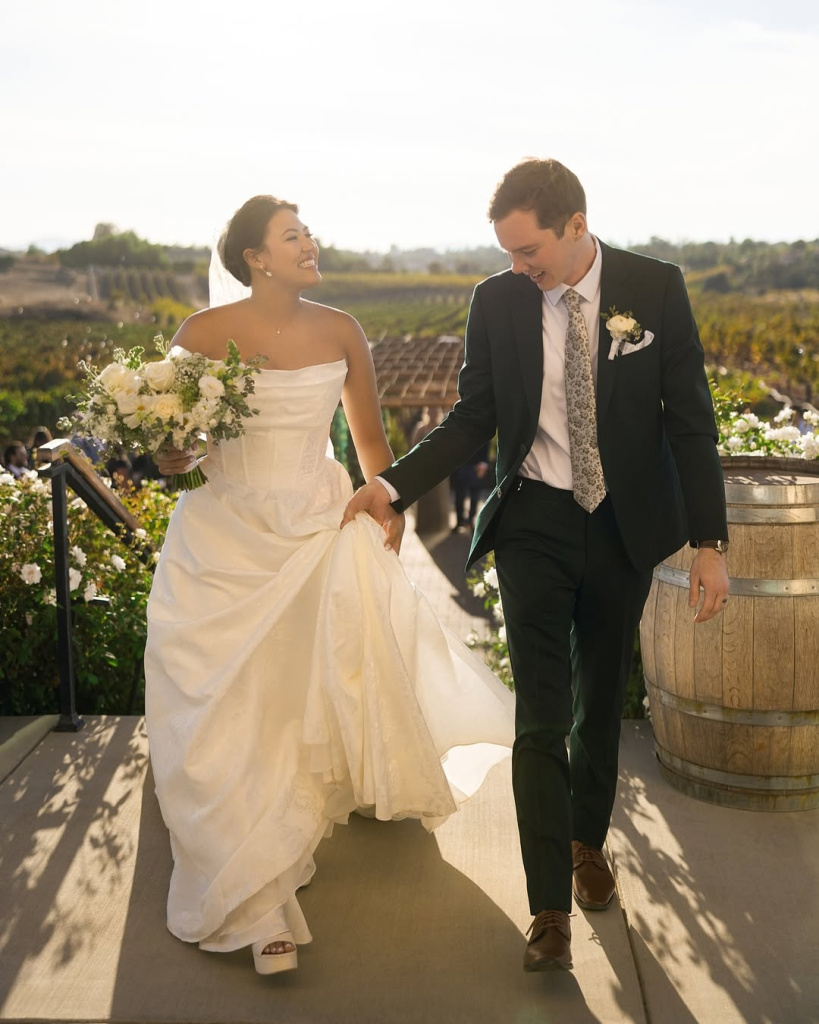
You’re probably questioning yourself on how to write a wedding ceremony script. To help you get started, here's a sample elopement ceremony script for officiant that you can use as a jumping-off point. Feel free to customize it to fit your own love story and personalities:
(Officiant or Couple): Welcome, everyone, to this beautiful and intimate celebration of love. We gather here today to witness the union of [Partner 1] and [Partner 2], two people whose love has brought them to this moment of commitment and adventure.
(Reading, Poem, or Quote): [Choose a reading, poem, or quote that resonates with your relationship.]
(Officiant or Couple): [Partner 1] and [Partner 2], as you embark on this journey together, remember that love is not just a feeling – it's a choice. It's a decision to cherish, support, and uplift one another through life's ups and downs.
(Vows and Exchanging of Rings): [Partner 1], please share your vows with [Partner 2].
[Partner 1 shares vows.]
Now, [Partner 2], please share your vows with [Partner 1].
[Partner 2 shares vows.]
(Officiant or Couple): May these rings be a constant reminder of your love and commitment to one another. [Partner 1], please place the ring on [Partner 2]'s finger and repeat after me: "With this ring, I thee wed."
[Partner 1 repeats and places the ring on Partner 2's finger.]
(Officiant or Couple): [Partner 2], please place the ring on [Partner 1]'s finger and repeat after me: "With this ring, I thee wed."
[Partner 2 repeats and places the ring on Partner 1's finger.]
(Officiant or Couple): By the power vested in me (or by your love and commitment), I now pronounce you married. You may seal your vows with a kiss.
[Couple kisses and celebrates.]

Remember, the answer to the question of how you structure a wedding ceremony perfectly is making it uniquely yours. Let your love story shine through in every word, and don't be afraid to break away from tradition in favor of a ceremony that truly reflects your relationship. Happy writing, and here's to a lifetime of love and adventure!







